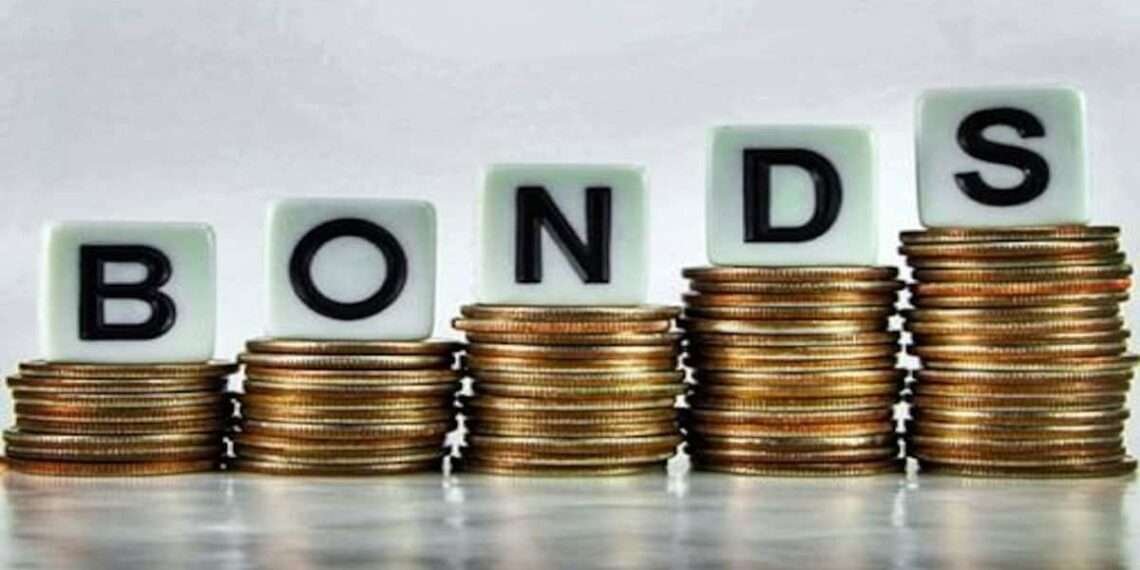The government of Ghana’s 6-year bond and a tap issue of 3-year bond failed to meet expectations as the bonds were marginally undersubscribed.
According to the Monday’s auction report, the government of Ghana managed to secure a total of GH¢1.9 billion from the sale of 6-year bond and a tap issue of 3-year bond.
However, the target for the sale of the two medium term bonds was GH¢2.0 billion. This means that the bonds fell short of the target by GH¢1,000,000. This represents an undersubscription of 5 percent.
According to the trading results by the Bank of Ghana, the new 6-year bond raised GH¢1.32 billion at a coupon rate of 21.75 per cent, while the 3-year bond tap offer raised GH¢606 million at a yield of 20.50 per cent.
The Bank of Ghana, however, accepted all the bids of both the 6-year bond and the 3-year bond.
Analysts revealed the pricings were in line with the second market levels.
The marginal undersubscription is coming on the back of the Finance Minister, Ken Ofori-Atta’s announcement of a 20-per cent cut in expenditure of Ministries, Municipal Assemblies, Departments and Agencies (MMDAs), which was expected to bring investor confidence into the economy.
5-year Bond
It can be recalled that the Government of Ghana raised a similar long term instrument at higher cost.
Government in December 2021, mobilised GH¢923.79 million from the issuance of a 5-year bond, but that came at a higher cost of 21 per cent.
The government accepted all the bids of GH¢923.79 million from the investors. But the cost of the debt instrument was above the initial pricing guidance of 20.50 per cent.
Ghana’s Economy Outlook
Nevertheless, the rate was expected because investors had raised concerns about the fiscal outlook of the Ghanaian economy which is characterised by rising debt, arrears, amongst others.
Fitch Ratings has recently downgraded Ghana’s Long-Term Foreign-Currency Issuer Default Rating (IDR) to ‘B-‘ from ‘B’, with negative outlook.
It pointed out that Ghana’s effective loss of market access to international bond markets increases risks to its ability to meet medium-term financing needs.
Fitch in a report said “this comes in the context of uncertainty about the government’s ability to stabilise debt and against a backdrop of tightening global financing conditions. In our view, Ghana’s ability to deliver on planned fiscal consolidation efforts could be hindered by the heavier reliance on domestic debt issuance with higher interest costs, in the context of an already exceptionally high interest expenditure to revenue ratio.”
The downgrade of the credit rating of Ghana from B to B- and the associated uncertainty regarding government finances remain an downside risk to yields.
However, the government’s smart move to reduce expenditure of all public sector institutions is expected to help improve and address the risk to outlook. Analysts said the marginal undersubscriptions means that the budget cut by the Finance Minister, Ken Ofori-Atta, by 20 percent is beginning to yield positive results.
READ ALSO: GHAMRO Improves Royalty Collection System























